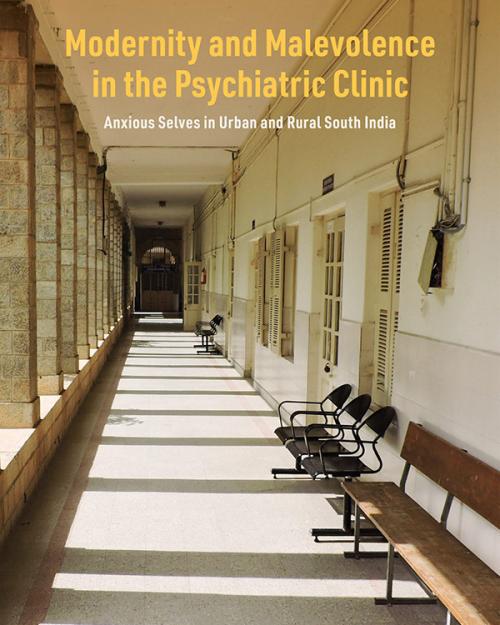Dear members of Cornell’s community,
The recent murders of George Floyd, Ahmaud Arbery, Breonna Taylor, and Tony McDade, alongside the disproportionately high health and economic costs of the coronavirus pandemic born by people of color over the past three months, have once again thrown into sharp relief the systemic racism of the United States. Our inboxes are bursting with statements from academic, corporate, and civil society leaders, condemning the killings and seeking a way forward. Though well meaning and sometimes powerful, they all somehow feel inadequate. What words could possibly be adequate to what is going on? So, I have been hesitant to add my own words to the mix. But I do think it is important to acknowledge the pain and fear of the past few weeks and, perhaps even more importantly, to reflect on what we as a department can do to help ensure real change going forward.
It is not enough to condemn institutional violence of policing in this country. Racism is endemic to many of our institutions, academia included; and, as you all know, anthropology is hardly innocent in this regard. Our discipline took root in the soil of colonialism, Euro-centrism, and white supremacy, and its history is replete with theories and practices that have caused harm. To anthropologists’ credit, though, we have also been among the harshest critics of our discipline’s colonial legacy, and many have striven – in our research and teaching – to understand, expose, and combat racism and other forms of inequality and injustice around the world. Indeed, our discipline’s methods – particularly our dedication to careful listening and getting to know people and the circumstances of their lives – are uniquely suited for use in combatting structural inequality and injustice. As with any powerful tool, though, there is always the potential for misuse. Many of us are asking what ethical fieldwork – and anthropology more generally – looks like in the age of Covid-19 and Black Lives Matter.
With these questions in mind, we will be convening a forum early in the fall semester – open to all faculty, students, and staff – to brainstorm how we might best act together to make our department and the university more just and inclusive. This could involve revising departmental policies and procedures, including, for example, faculty hiring and retention, graduate student admissions, the curriculum, and the organization of the colloquium series. Over the past year, we have already taken some initial steps down this road by holding a departmental discussion about developing a more holistic graduate admissions process, suspending the requirement that applicants submit GRE scores, and – for future admissions cycles – requiring a personal statement from all applicants (rather than just from those who are requesting a diversity fellowship). But there is certainly more to do, and our efforts need to be more systematic. At the forum, we might also consider strategies for reaching out to and working with other units on campus.
I welcome feedback on ways that we can work together to better address systemic racism and inequality in our department, at Cornell, and beyond.
Best wishes,
Paul Nadasdy




